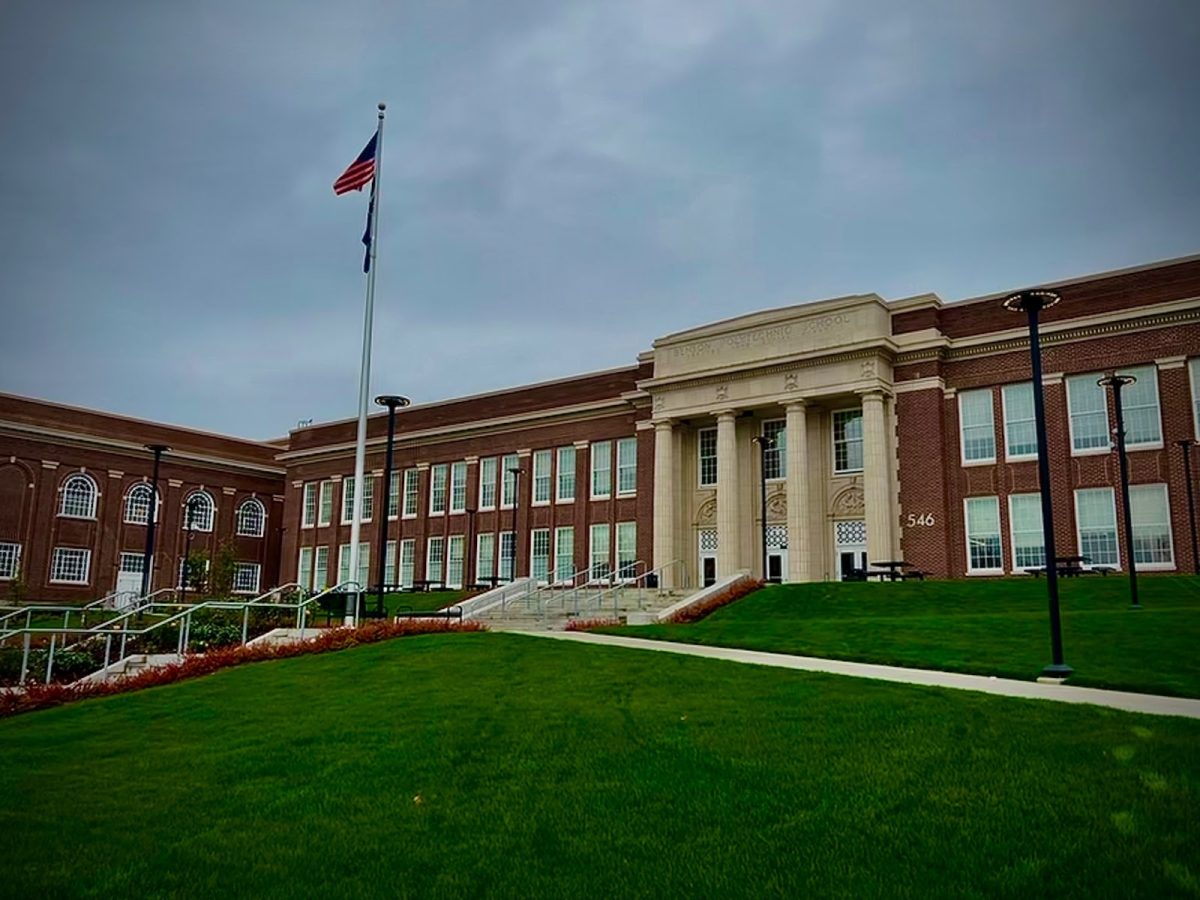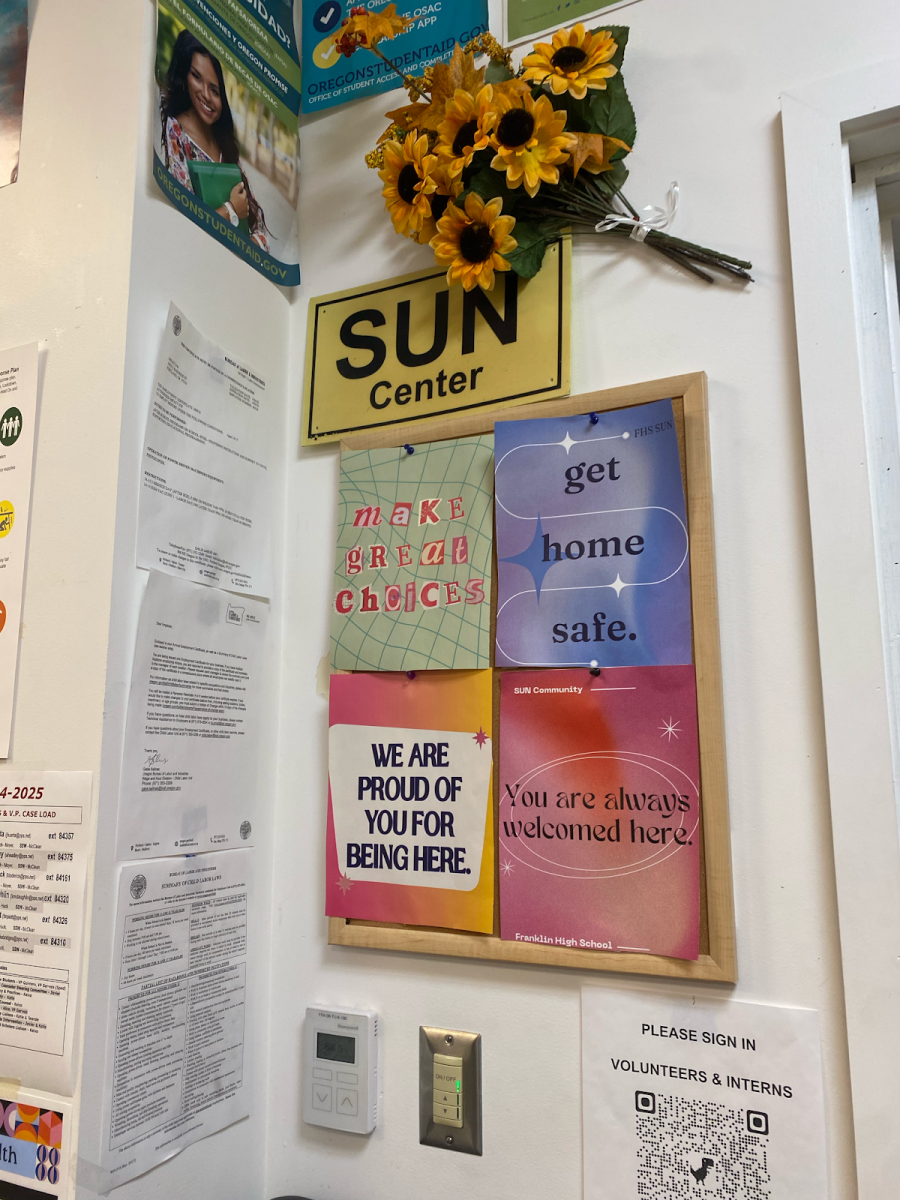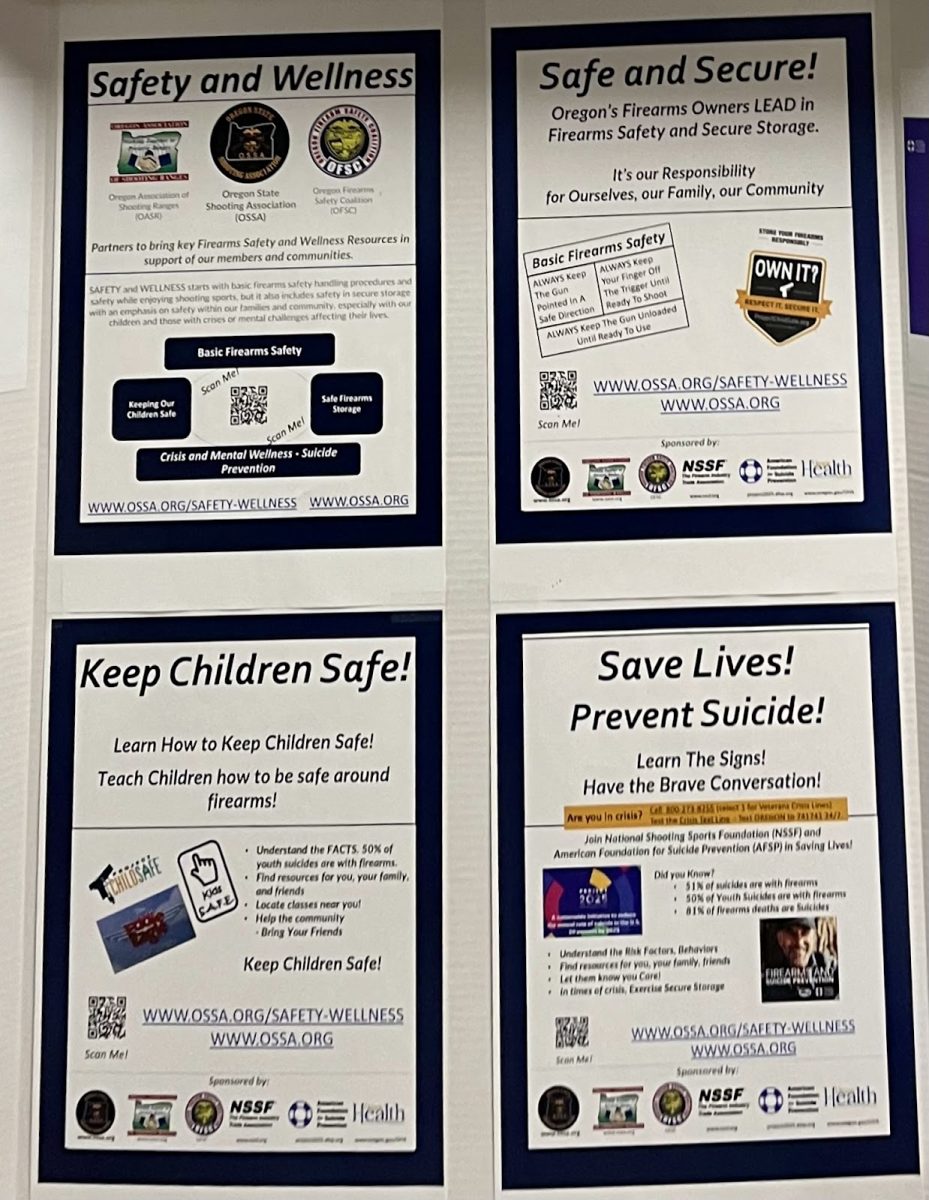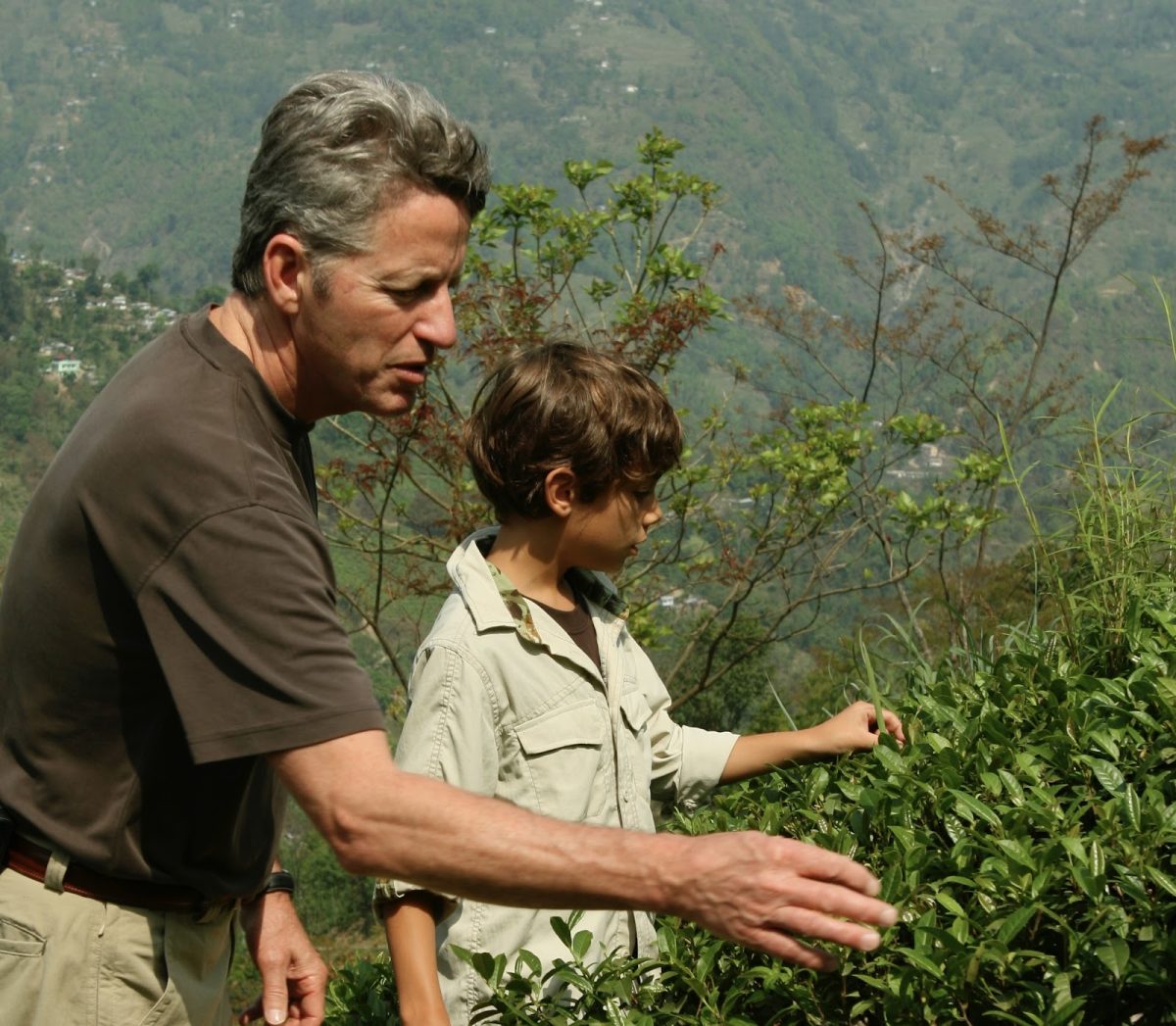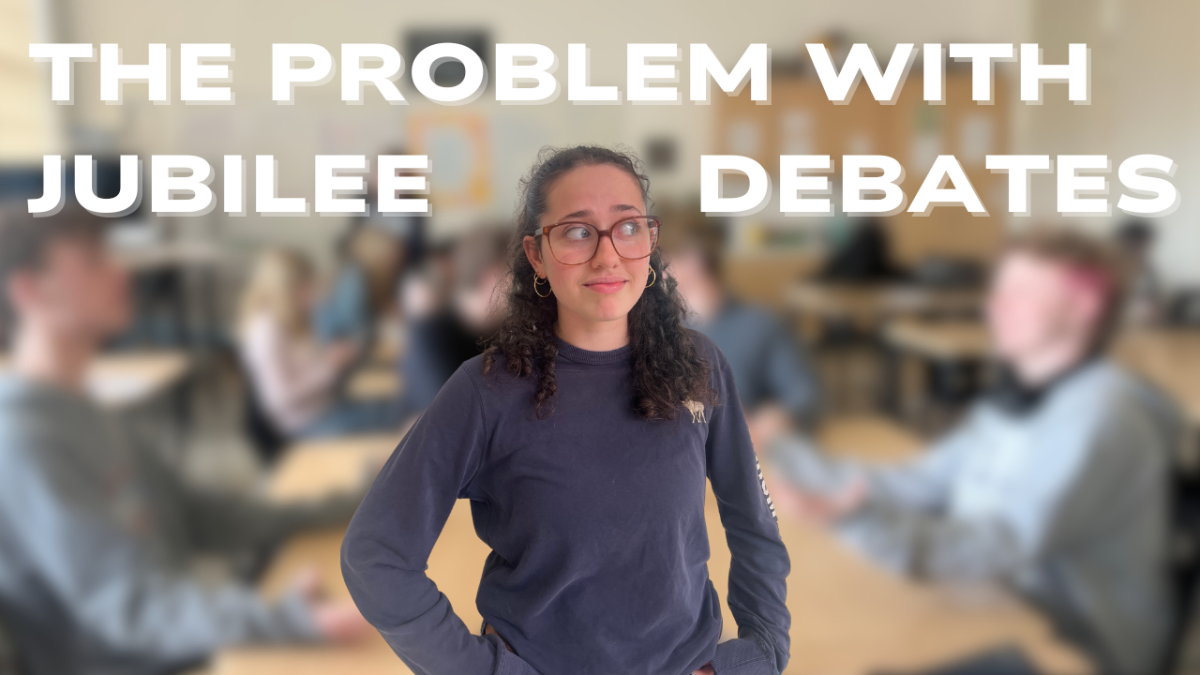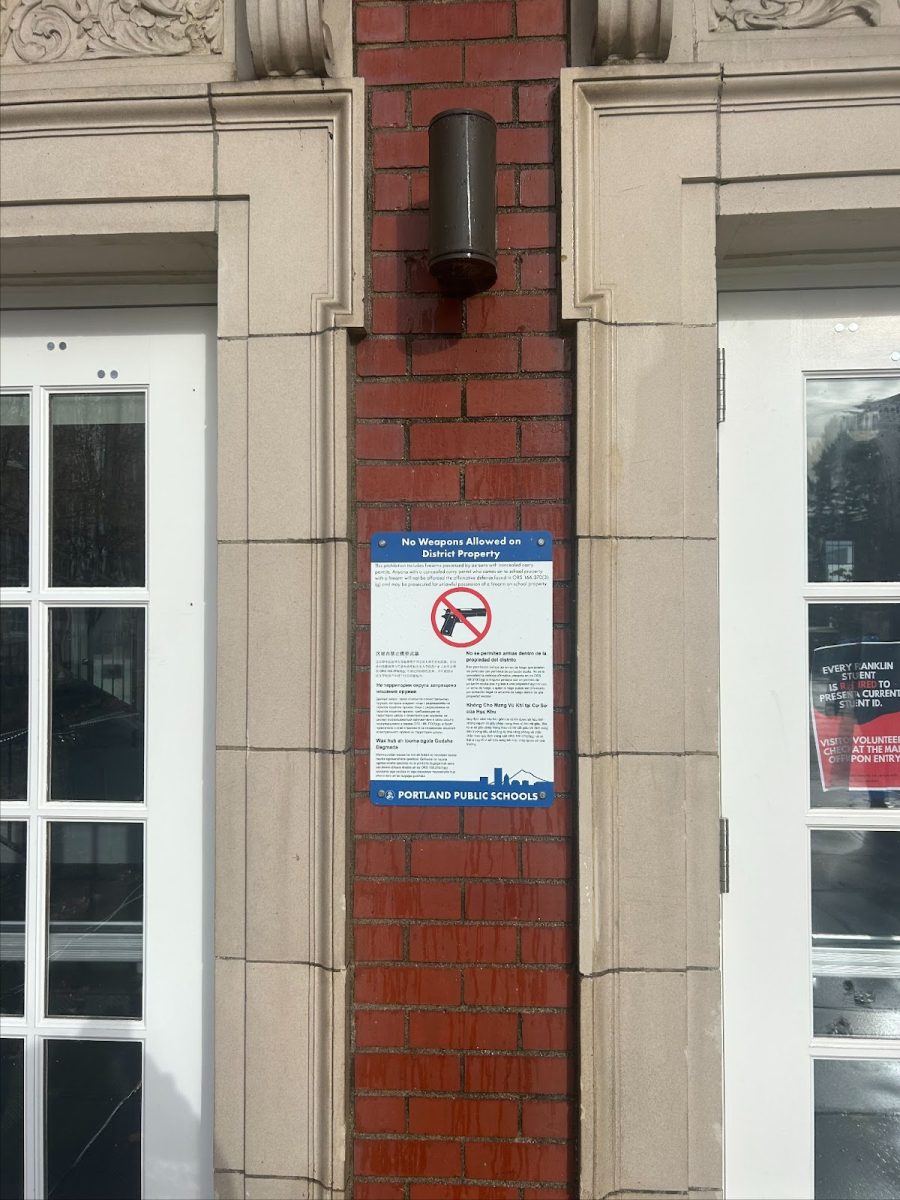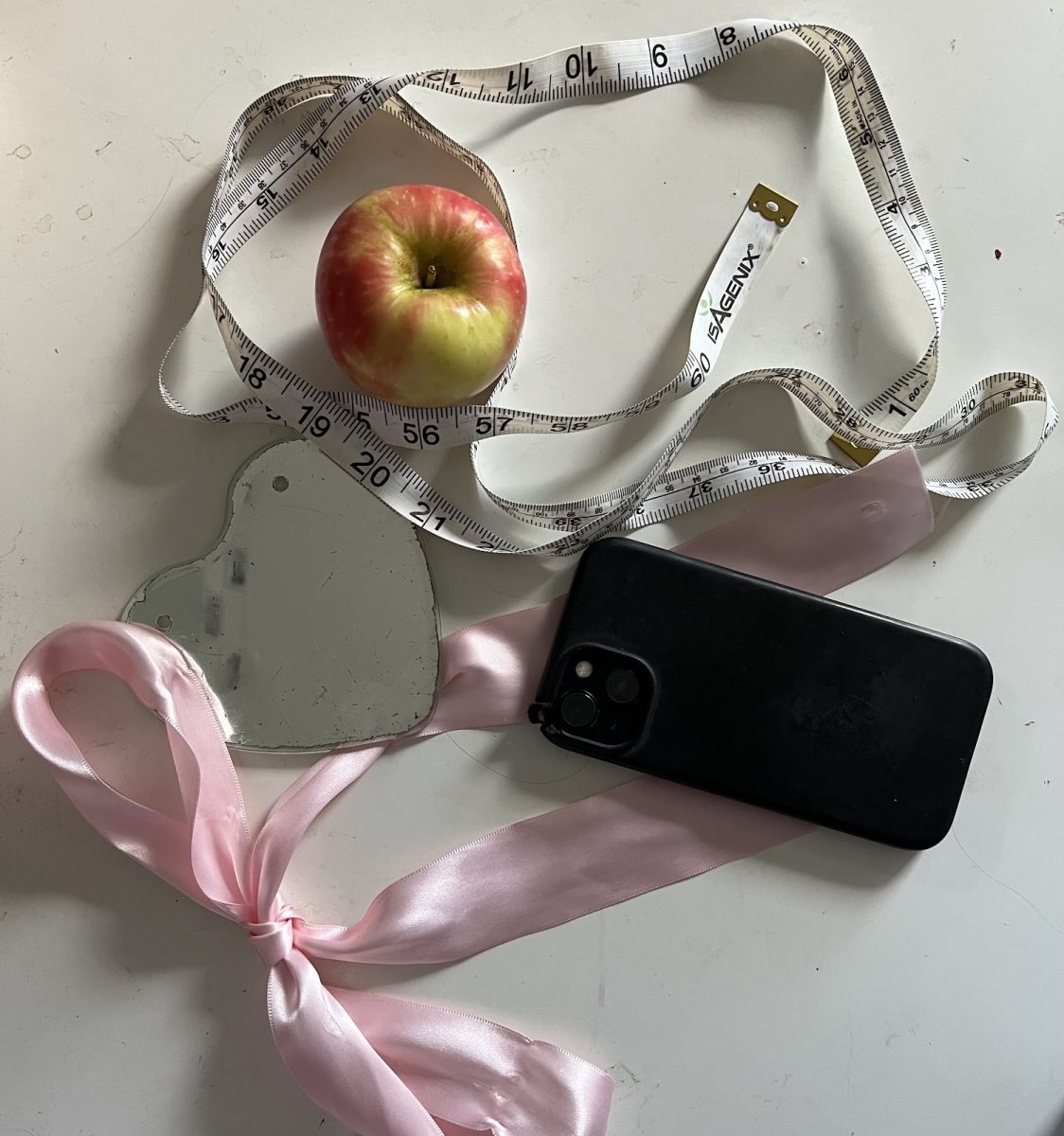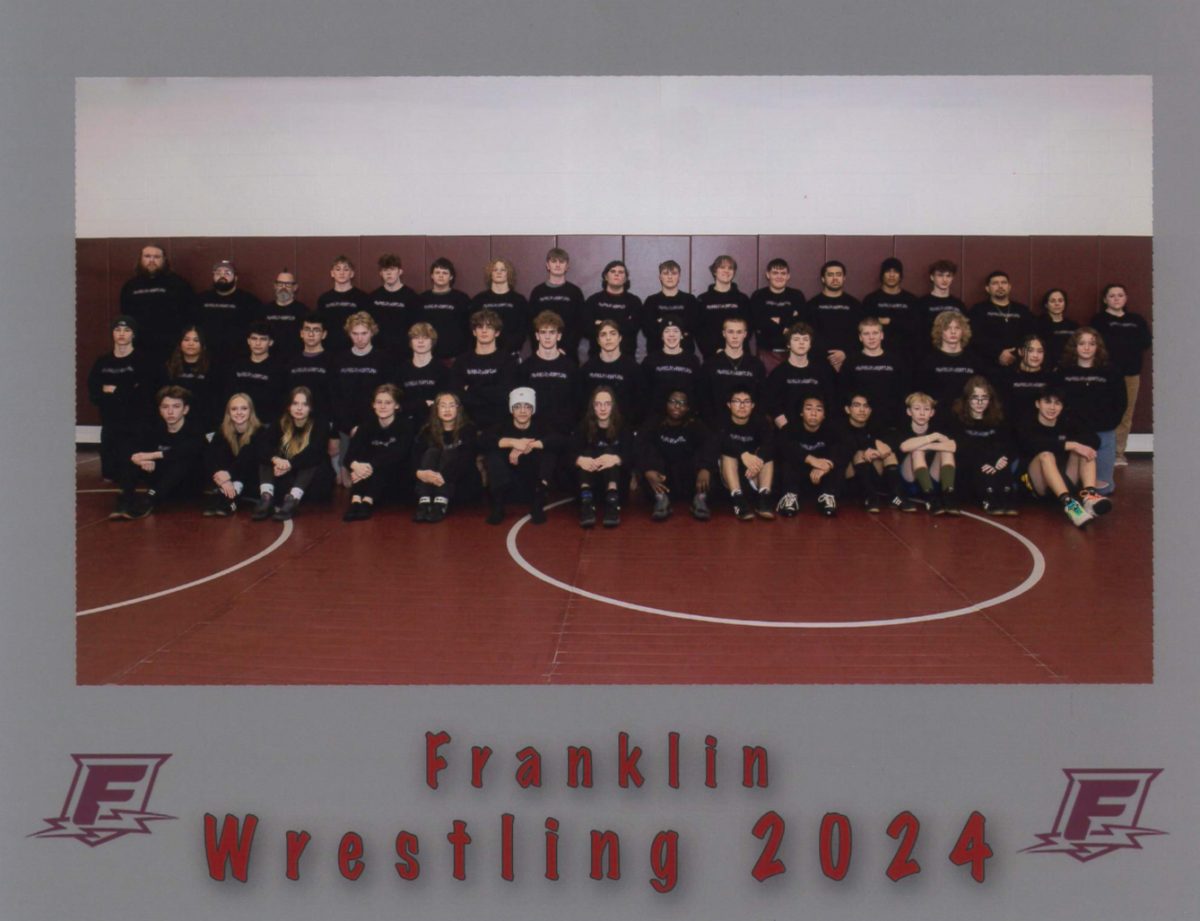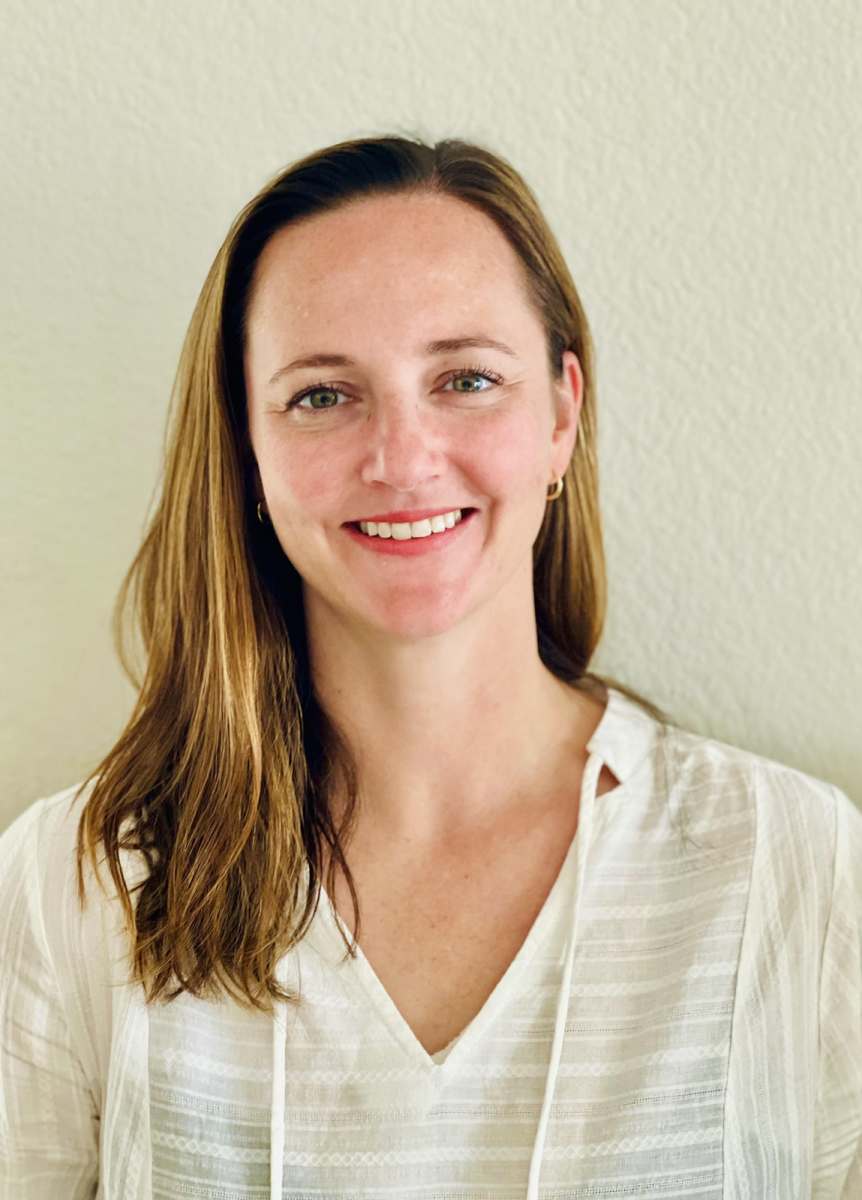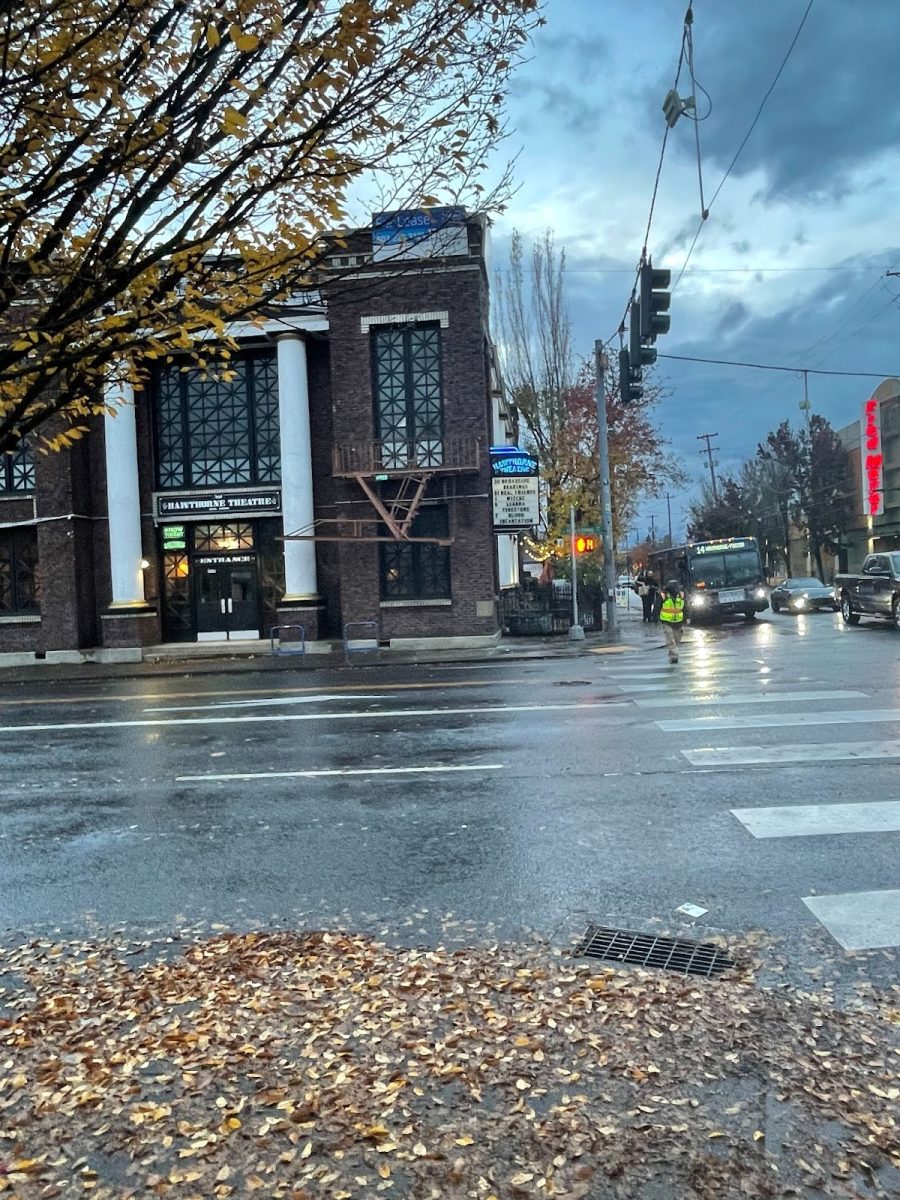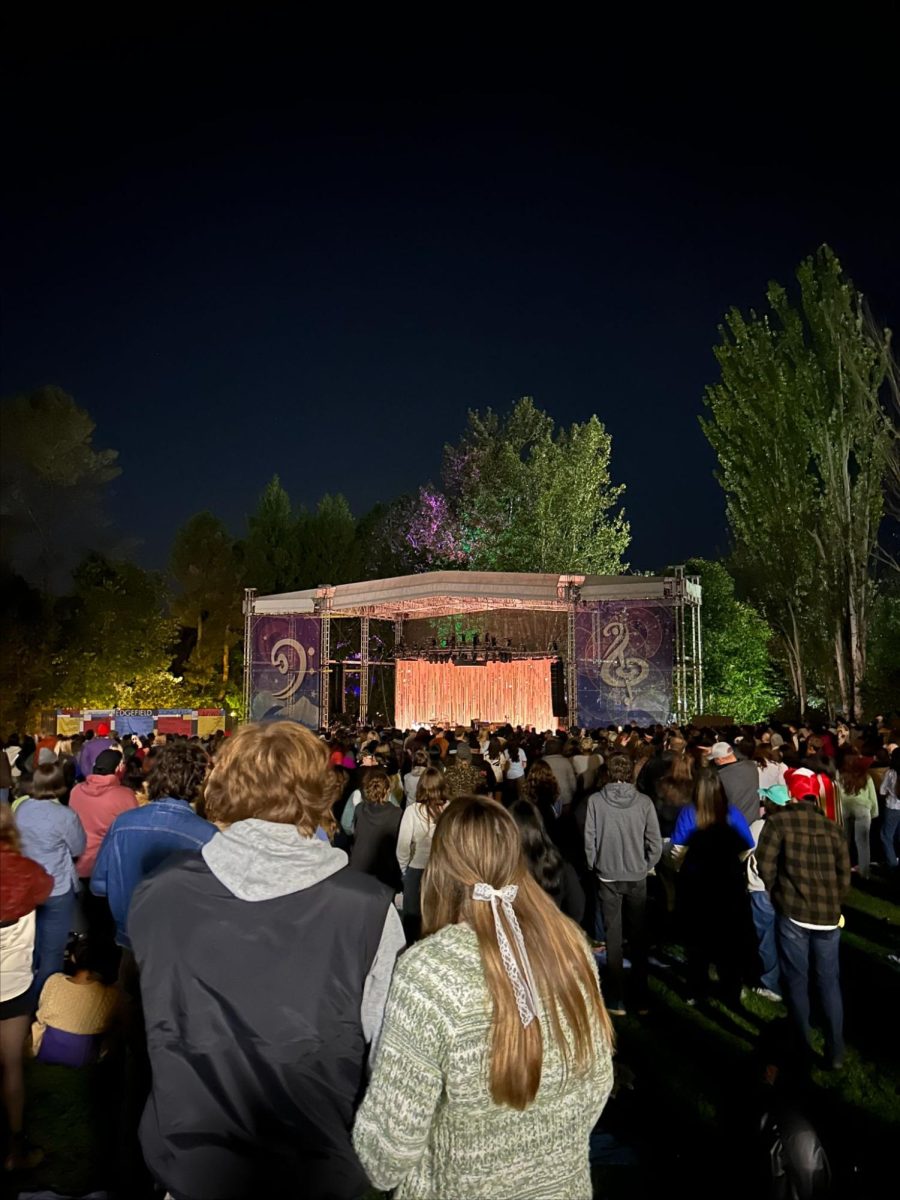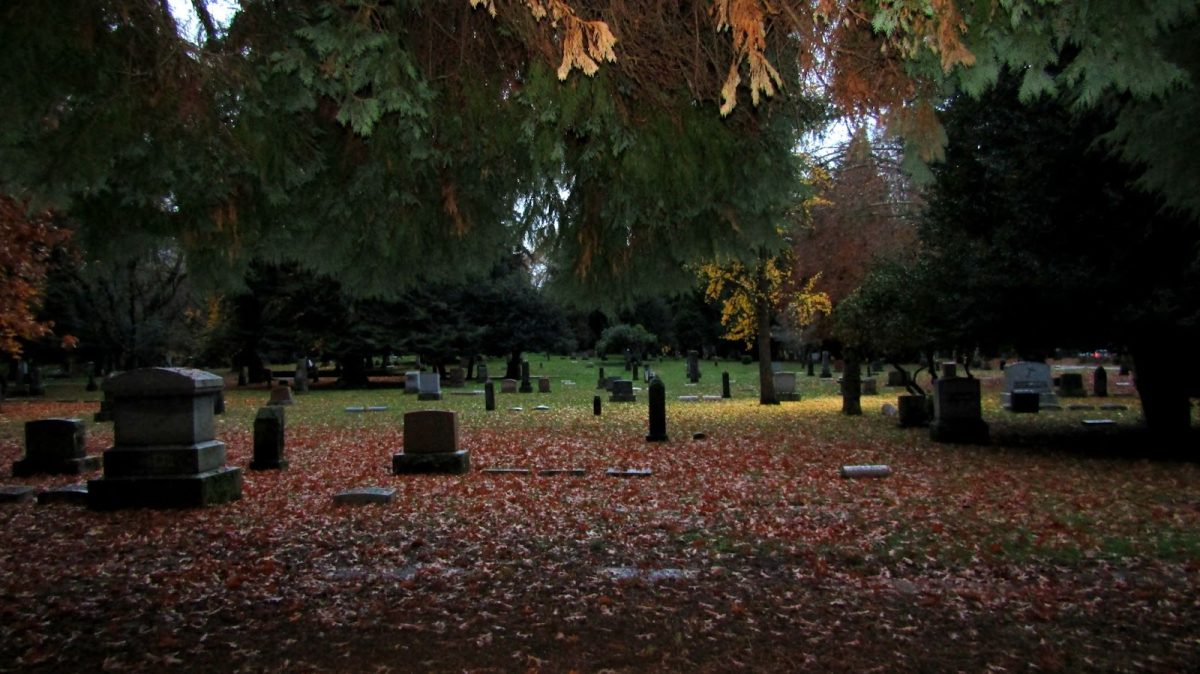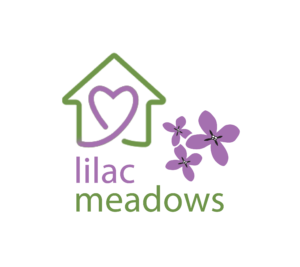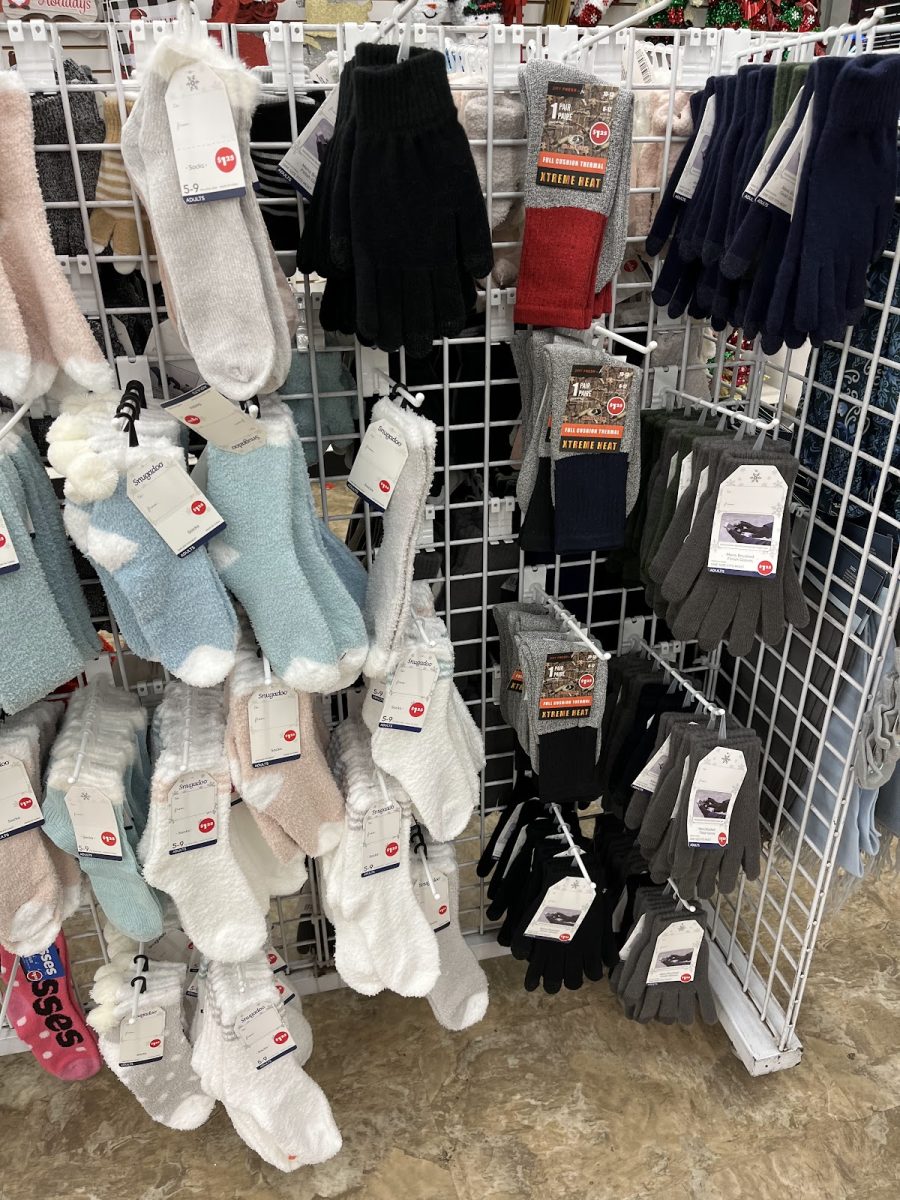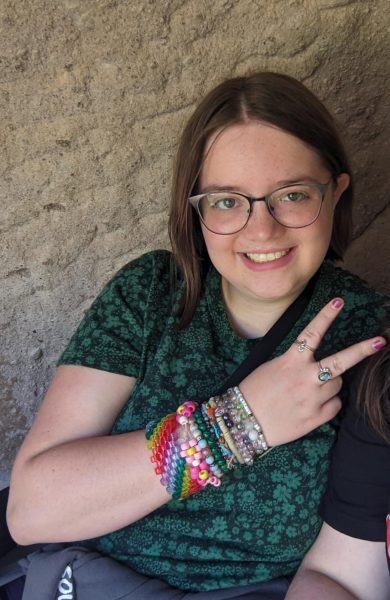Located a mere five minute drive from Franklin High School, the Lilac Meadows Family Shelter is currently providing emergency housing for 39 families and a total of 100 children. The shelter is run by the organization Our Just Future and is being housed in a former motel. It provides meeting rooms, kids programming, three meals a day for residents, and allows families to stay for as long as they need.
Our Just Future, formerly known as Human Solutions, states on their website that their vision is of “vibrant, healthy neighborhoods where all people can share in the security, hopes, and advantages of a thriving, supportive community.” Lisa Frack, the director of communications and fundraising for Our Just Future, expands on the organization’s vision, saying she “want[s] to live in a community, and a state, and a country, and a world where everyone has their basic needs met, at the very least. And that’s not true here [in Portland]; it’s not true in most places. [My needs] are met, and so I [feel compelled] to work towards others having the security I have.”
Our Just Future offers more than just immediate housing relief via its three shelters: Lilac Meadows, Gresham Women’s Shelter, and the Chestnut Tree Inn Shelter. According to Frack, Our Just Future builds and operates affordable housing for communities in East Portland and East Multnomah County. They own about 900 units of affordable housing in 19 different housing communities, aiming for a more accessible housing market in the Portland area. Frack adds, “We [also] have employment programming, for folks who want to either get a job, or to get a different or higher paying job. We have an after school program that we run at the housing communities that we own, and a few others, and we do a lot of housing security work.” Frack explains how housing security work aims to help people with housing maintain it. Our Just Future also does rehousing work — working directly with shelter residents to help them find housing and remove any barriers keeping residents from procuring housing.
While families are still in shelters, there are other programs to help them with various needs — such as the Lilac Meadows holiday wish-list gift drive. Joanne Austin, the co-coordinator of the gift drive, says the goal of the project is “to ensure that children who are already living very tough, marginalized lives are not forgotten at end of year holidays.” She adds that she believes “kids should be reminded in every way possible that they are loved, are valuable, and are supported by the larger society.”
Scott Sorenson started this project several years ago when he was living in the Foster-Powell neighborhood. Austin describes how she got involved, saying she “joined in the effort three years ago after being a participant and realizing that [Sorenson] was in way over his head … [so] in the middle of the gift drive [she] emailed him and asked him if he could use some help … Scott Sorenson continues to handle a separate component of the endeavor, involving soliciting donations of little items to stuff stockings for the younger kids.”
Austin is in charge of organization, communication, outreach, and keeping track of information and participants. Austin explains that she “get[s] a wish list compiled by the shelter manager that contains a list of all ‘wished for’ items from all of the children who live at the shelter … The kids’ names are kept anonymous to protect the kids so we just get age/gender information matched to their particular wishes.” Austin also distributes information about the kids — such as their age, gender, and interests — so people can sign up to shop for them. Once the gifts are bought, Austin is responsible for picking up and holding onto the gifts in her house until it’s time to drop them at the shelter. She also keeps track of monetary donations and sees that they get to Sorenson for the stockings.
Of course Lilac Meadows’ residents have far more needs than just seasonal gifts. Frack states that the best way to help the shelter year-round is by donating “either food or things.” These “things” can range from baby formula, diapers, and baby wipes to menstrual supplies, coats, pet food, hygiene items such as shampoo and conditioner, and much more. She explains that “sometimes when families show up here they’ve lost everything before they get here. And then they don’t have a lot of resources to buy new … items they might need.”
As for food, Frack explains that while the shelter works to provide food, a lot of the time that food comes in the form of meals prepared by volunteers. Often, these volunteers either come to the shelter and cook in the kitchen with a group, or make food at home and bring it in. Frack says, “There’s some really fun ways to do it, where we have these things called community potlucks, where you can sign up to bring a dish for Community Potluck Night, and then be part of a community-made meal. So you’re not cooking for 120 people, because that’s hard, and most people can’t do it. But you could cook for twenty.” Frack says to find volunteer opportunities and a Community Potluck Day calendar, go to ourjustfuture.org/volunteer. If you want to donate items to the shelter, make sure to check in before to ensure you are getting what they need. With almost no storage, donating items when the shelter is already at full capacity can actually make staff’s jobs harder and may result in items going to waste.
Frack believes that in addition to helping the people in shelters being important, it’s also important to remember why they need help in the first place. Frack says, “Something that is important to me is that in this country we often can see people, but we can’t see the systems. And so we tend to blame what we can see and do what’s easy. So we see people who are on the street or in a tent or at a shelter and we want to blame them, because surely they’ve done something wrong to land here.” However, she stresses that “it’s a systemic situation,” explaining, “it’s about racially unjust housing from day one. It’s about an economic system that privileges the wealthy and white. It’s about wages that aren’t high enough to keep up with housing costs. It’s about a housing system that doesn’t deliver affordable housing to everyone. And so there’s these broken systems — but they’re not actually broken, they were never built to work for everyone.” Frack finishes, “We ask you to see the people who are struggling to survive as people who are struggling to survive in inequitable systems that were never meant to work for everyone … Don’t blame people, blame systems, and be curious about those systems and how they can be improved.”
With such complex, systemic issues impacting these people living in shelters, helping out however you can may really positively change their lives. Whether you can donate toiletries, provide food, or give holiday presents, these small acts have such a tremendous impact on the people receiving it.



